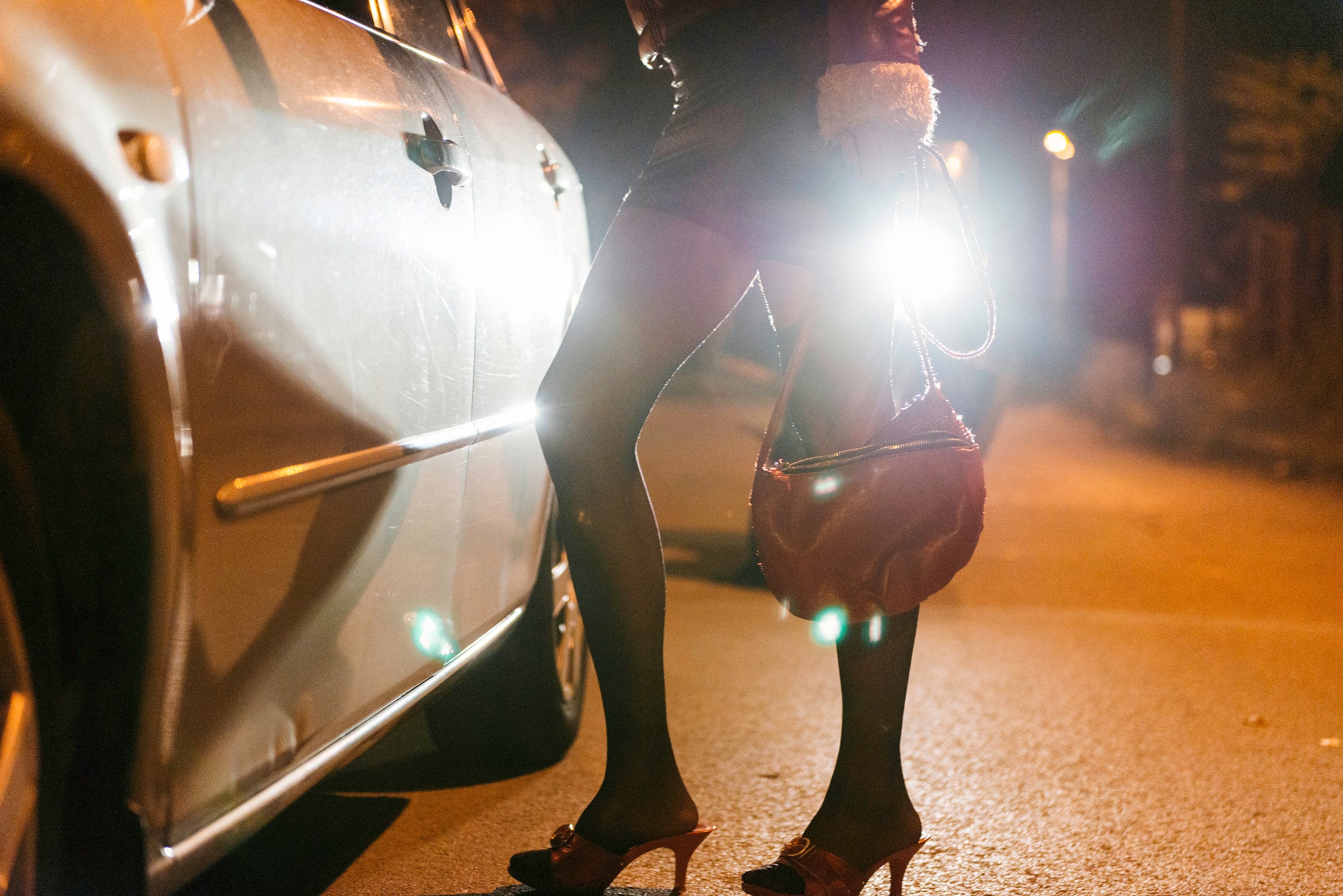A quarter of women think sex work should be stigmatised, says poll
Exclusive: ‘Criminalisation and gender stereotypes are the main drivers of stigma against sex workers,’ says Amnesty International Gender Justice Director

Your support helps us to tell the story
From reproductive rights to climate change to Big Tech, The Independent is on the ground when the story is developing. Whether it's investigating the financials of Elon Musk's pro-Trump PAC or producing our latest documentary, 'The A Word', which shines a light on the American women fighting for reproductive rights, we know how important it is to parse out the facts from the messaging.
At such a critical moment in US history, we need reporters on the ground. Your donation allows us to keep sending journalists to speak to both sides of the story.
The Independent is trusted by Americans across the entire political spectrum. And unlike many other quality news outlets, we choose not to lock Americans out of our reporting and analysis with paywalls. We believe quality journalism should be available to everyone, paid for by those who can afford it.
Your support makes all the difference.More women think sex work should be stigmatised than men, according to new YouGov polling, while most Britons say they would not be friends with someone who appears in pornography.
Research shared exclusively with The Independent found around one in five people think sex work should be stigmatised, but women were substantially more likely than men to think sex work should be shunned - with 27 per cent saying this, in comparison to 17 per cent of men.
Researchers found 52 per cent of those polled would not be willing to be friends with someone who currently works as a porn star, while 46 per cent would not be friends with someone who works as a sex worker or an escort.
Some 52 per cent of Britons say it should be legal to pay someone to have sex with them, while 29 per cent disagreed with this view.
Niki Adams, of the English Collective of Prostitutes, a leading campaign group, said anti-sex work views are linked to the ongoing criminalisation of the profession, leaving its workers misunderstood.
"People are deprived of the information on which they would therefore base their views,” she added. “They don't know that sex workers are living among them and could be their sister, daughter, wife, or auntie.”
Sex workers are predominantly mothers and many combine prostitution with other jobs, Ms Adams said.
“The money from sex work is supporting whole families and communities in very harsh economic times, and if people knew that, their attitudes would probably be very different,” she added.
Ms Adams argued women are more hostile towards sex workers than men because they are pressured to distance themselves from the profession.
She added: “There is an epidemic of violence against sex workers happening which the police are doing little or nothing about because sex workers' lives are devalued by the criminalisation and the illegality associated with our work.
“Decriminalisation is an urgent priority to address violence, but also to improve health and to ensure that sex workers can be more visible. And that, in its way, would break down prejudices and would allow sex workers to come forward and speak for ourselves rather than be hidden in the shadows.”
It is not illegal for individuals to buy or sell sex from each other in England, Scotland and Wales, but many activities associated with sex work are against the law, including a prostitute working with another person or a group to stay safe.
Criminalisation exacerbates stigma, destitution and insecurity for sex workers.
Some 64 per cent of men said it should be legal to pay for sex, but the number plummeted to 41 per cent for women, the polling found.
Researchers discovered one in 11 men admits to having purchased sex, while only two per cent of women said the same.
Previous polling by human rights charity RightsInfo, shared with The Independent, found around half of British people are in favour of decriminalising brothel-keeping – an offence punishable by up to seven years in prison.
Chiara Capraro, gender justice director at Amnesty International UK, said: “Criminalisation and gender stereotypes are the main drivers of stigma against sex workers.
“It’s not ok to consider sex workers to be ‘bad women’ or ‘bad mothers’ because it has a very real impact on their lives and significantly reduces much-needed access to healthcare, housing and benefits and to live openly in their communities.
“Stigma and disbelief from the police and the justice system only fuels violence against sex workers.”
Most women who choose to do sex work are mothers who struggle to get by as the cost of living “continues to bite”, she warned.
She added: “Criminalisation exacerbates stigma, destitution and insecurity for sex workers. The voices of sex workers are too often left out of discussions about their lives and this needs to urgently change.”
The Home Office was approached for comment.
Join our commenting forum
Join thought-provoking conversations, follow other Independent readers and see their replies
Comments